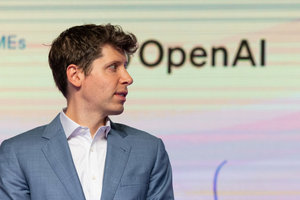Google first published its AI principles in 2018. In a recent blog post, senior vice president James Manyika and Sir Demis Hassabis, head of Google DeepMind, explained the update was necessary due to the evolving role of AI in society
Google has removed its previous pledge not to develop artificial intelligence (AI) applications for surveillance or weapons, sparking concerns about the tech giant’s ethical stance. The parent company Alphabet had earlier vowed never to create technology that would “cause or are likely to cause overall harm.” However, the company’s guidelines have now been revised, omitting this commitment.
The previous principles specifically stated that Google would not develop AI applications “that gather or use information for surveillance violating internationally accepted norms.” The company has now replaced this with a pledge to apply “appropriate human oversight, due diligence, and feedback mechanisms to align with user goals, social responsibility, and widely accepted principles of international law and human rights.”
Google first published its AI principles in 2018. In a recent blog post, senior vice president James Manyika and Sir Demis Hassabis, head of Google DeepMind, explained the update was necessary due to the evolving role of AI in society.
“Billions of people are using AI in their everyday lives. AI has become a general-purpose technology, and a platform which countless organisations and individuals use to build applications,” they wrote. “It has moved from a niche research topic in the lab to a technology that is becoming as pervasive as mobile phones and the internet itself.”
Google, which previously faced criticism for its $1.2 billion cloud computing and AI contract with the Israeli government, stressed the importance of collaboration with governments and organisations to develop responsible AI.
“We believe democracies should lead in AI development, guided by core values like freedom, equality, and respect for human rights,” Manyika and Hassabis added. “And we believe that companies, governments, and organisations sharing these values should work together to create AI that protects people, promotes global growth, and supports national security.”











